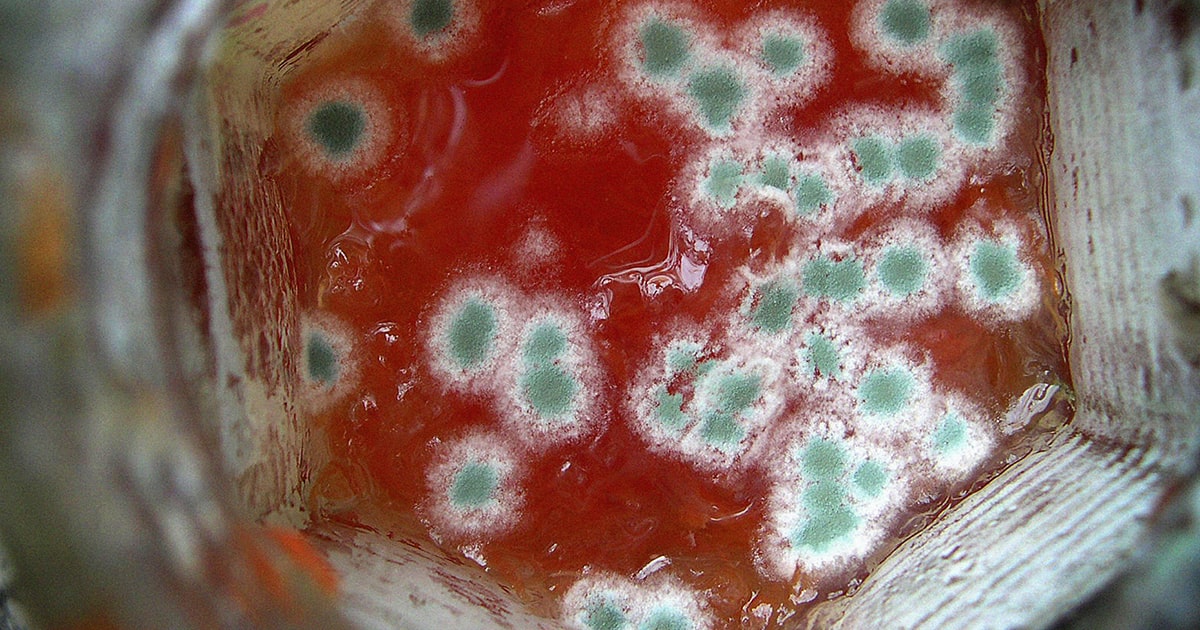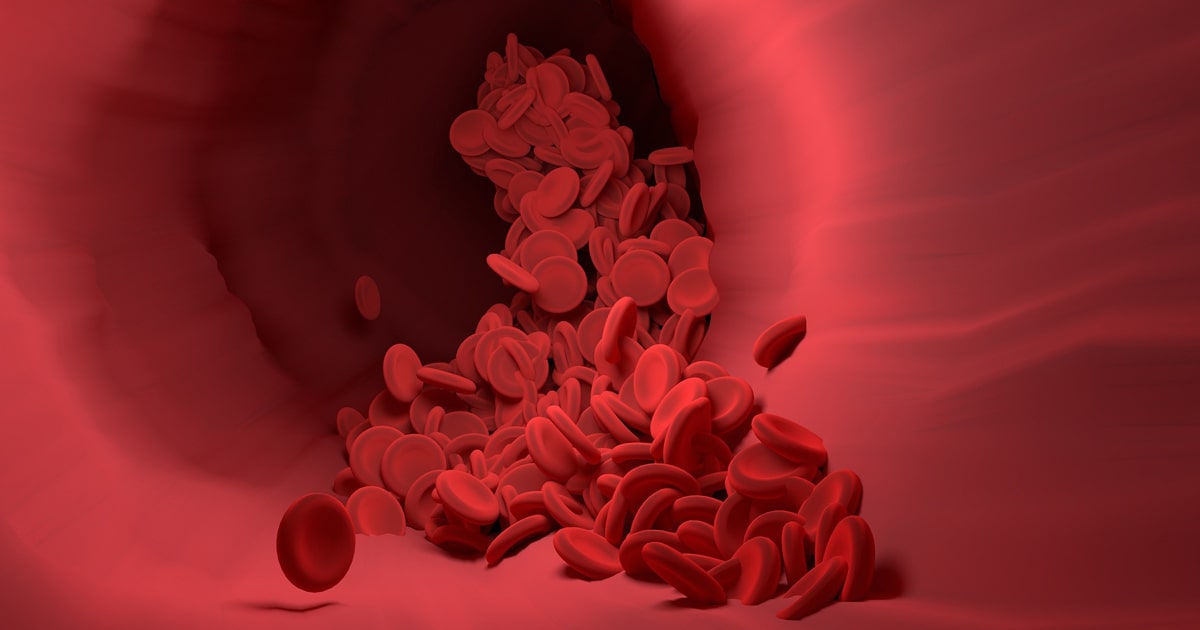What is mold toxicity?
Mold is a common fungus that grows in places with a lot of moisture, such as roofs, pipes, and under wood and tile floors and ceilings. Different types of mold are around us all the time, but some are more dangerous than others and certain people are allergic to mold or sensitive to the naturally occurring toxins, called mycotoxins, that mold can emit. When you’re exposed to too much mold, mold that you’re sensitive to, or certain types of mold known to cause health issues, it can lead to a condition called mold toxicity.
What are the symptoms of mold toxicity?
The symptoms of mold issues can be divided into two main categories. Immune reaction to mold, which typically involves allergy-like symptoms such as sinus issues, runny nose, itchy skin and eyes, asthma, shortness of breath, and more. The second type of mold issue is a chemical and inflammatory reaction to mold driven by mycotoxins, which can initiate an inflammatory cytokine-driven response in the body. And as you might already know about chronic inflammation, this can create symptoms that are vague, broad, and very hard to pin down such as:
- Cognitive difficulties (brain fog, poor memory, anxiety)
- Pain (especially abdominal pain, but can include muscle pain similar to fibromyalgia)
- Unexplained weight gain or weight loss
- Numbness and tingling in extremities or other areas of the body
- Metallic taste in the mouth
- Vertigo or dizziness
- Tinnitus (ringing in the ears)
- Digestive issues (especially limited tolerance to food, persistent bloating)
- Significant fatigue that interferes with daily activities
- Changes in mood
- Excessive thirst and dehydration, bed-wetting in children
- Symptoms that resemble hormone imbalances (hair loss, rashes)
Symptoms of mycotoxin-induced illness vary and have no pattern, and they are not unique to this illness, which means they can easily be mistaken for something else.
Why are mold toxicity issues difficult to diagnose?
Conventional medicine recognizes that mold can cause allergies but does not recognize that mycotoxins emitted by some species of indoor mold can cause a problem. Doctors unfamiliar with mold and mold treatment may miss one of the main types of mold reactions—the chemical and inflammatory reaction. This is for a few reasons:
- There is no gold standard in testing for mold
- There is no standardized treatment protocol or drug for mold toxicity
- There are very limited human-based studies looking at the connection between mycotoxins and human health
- The presentation of mold issues is very different among patients.
- Not everyone exposed to mold mycotoxins will have a reaction to them.
- One of the biggest challenges with mold is that mycotoxins can cause only some people to launch an inflammatory response.
How do you test for mold toxicity exposure?
Testing for mycotoxins is typically the first step and we also recommends a home inspection by a certified mold inspector. The most direct way to test for mold toxicity is a urine test that measures for metabolites of mold and mycotoxins as well as glutathione levels, which can be depleted when you’re exposed to mold.
Mold tests have some major drawbacks, including:
- False negatives and false positives are common
- They are not covered by insurance
- You can’t test all toxins — there are hundreds
- The levels found on tests don’t necessarily correlate with the severity of symptoms
What are some of the things you can do to mitigate mold illness?
Eliminate exposure
Eliminate the sources of the mold from the environment but also eliminate common dietary sources of mold, including grains, coffee, and peanut butter. This will help reduce the overall mold burden on the body.
Address sinus health since molds can colonize the sinuses.
Lower inflammation
Taking steps to lower inflammation can help bring balance back to an overactive immune response. This means following an anti-inflammatory diet and committing to daily stress management habits.
Optimize detoxification
Supporting the body’s ability to bind to and eliminate toxins is a key part of healing from mycotoxin exposure. Supplements can be helpful like antioxidants like glutathione and N-acetylcysteine (NAC), charcoal, and bitter greens, which all support the liver.
Please contact our office to set up an appointment with our functional medicine practitioner to put together a customized protocol for you! (727)-518-9808





